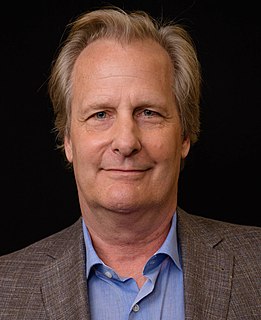A Quote by Tom Fletcher
It's hard not to use cliches when talking about parenthood.
Related Quotes
Beware of clichés. Not just the clichés that Martin Amis is at war with. There are clichés of response as well as expression. There are clichés of observation and of thought - even of conception. Many novels, even quite a few adequately written ones, are clichés of form which conform to clichés of expectation.
When all the archetypes burst out shamelessly, we plumb the depths of Homeric profundity. Two clichés make us laugh but a hundred clichés moves us because we sense dimly that the clichés are talking among themselves, celebrating a reunion. . . . Just as the extreme of pain meets sensual pleasure, and the extreme of perversion borders on mystical energy, so too the extreme of banality allows us to catch a glimpse of the Sublime.
We don't like to use the phrase "state security" in the United States because it reminds us of all the bad regimes. But it's a key concept, because when these officials are out on TV, they're not talking about what's good for you. They're not talking about what's good for business. They're not talking about what's good for society. They're talking about the protection and perpetuation of a national state system.
When you're at the basketball court watching a game, one person may be talking about a fight he had with his wife, another is talking about the last hard-on he got, someone else is talking about the presidential election. The language and the tone and the voice - I'd love to be able to capture that spontaneity.
The only valid reason to use clichés is in the speech of a character. Cliches are indications of sloppy writing. The writer does not respect the scene he is trying to dramatize enough to fashion it through precise prose and imaginative imagery. From the book Dare to be a Great Writer: 329 Keys to Powerful Fiction by
We've done a couple of women's mags, but we tend to talk about feminism and women in the industry, which I feel more comfortable talking about. It's a more valuable discussion than, 'Oh, you're a girl in a band. What hair conditioner do you use?' I use hair conditioner, and I like talking about it. But I don't want that to be the question.



































